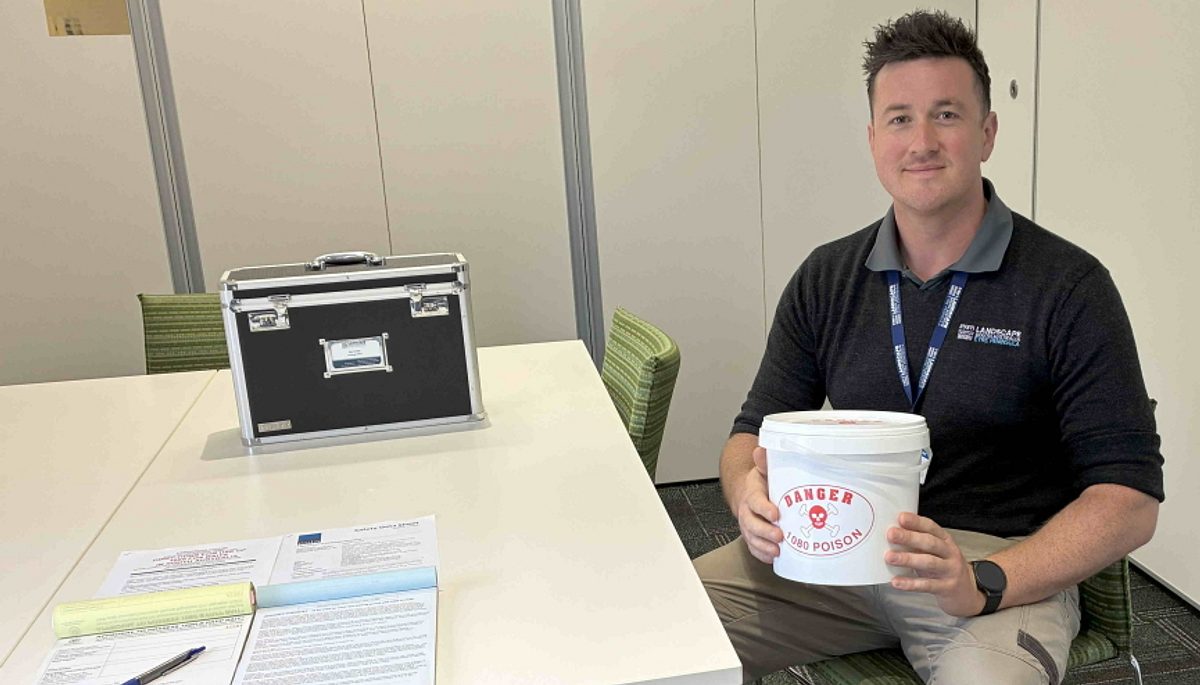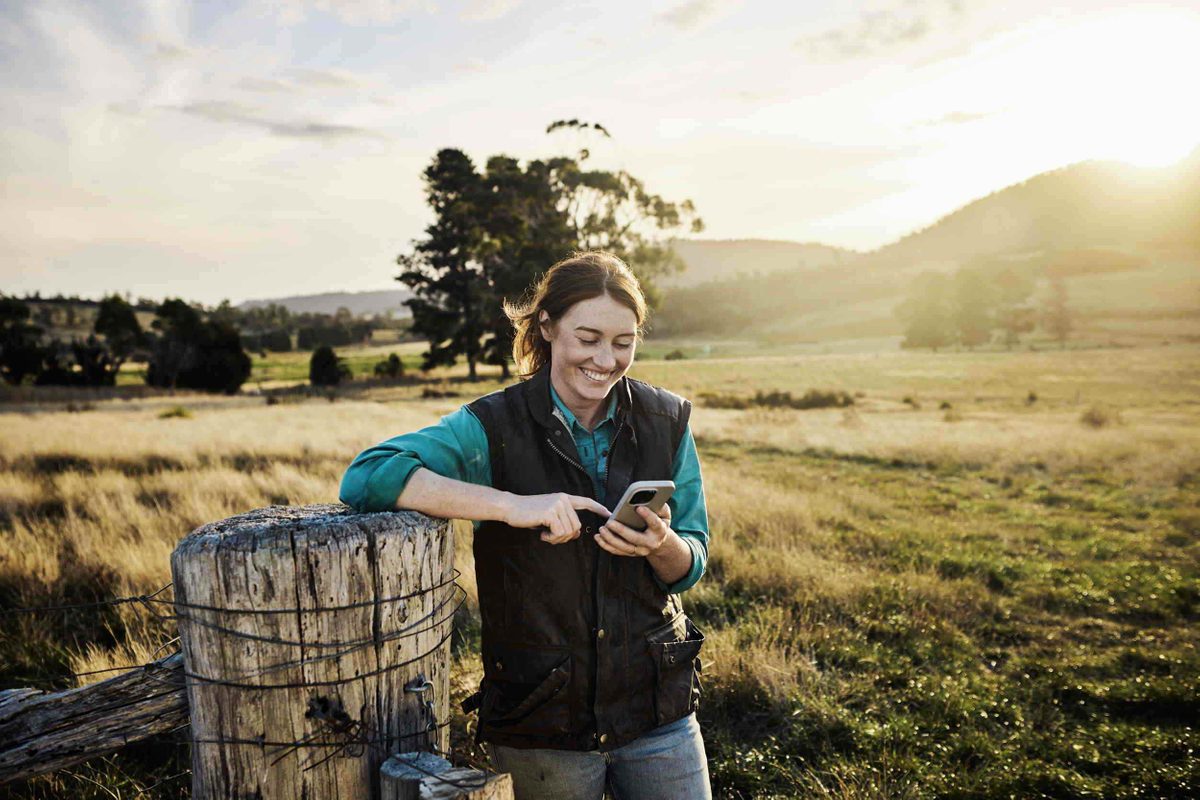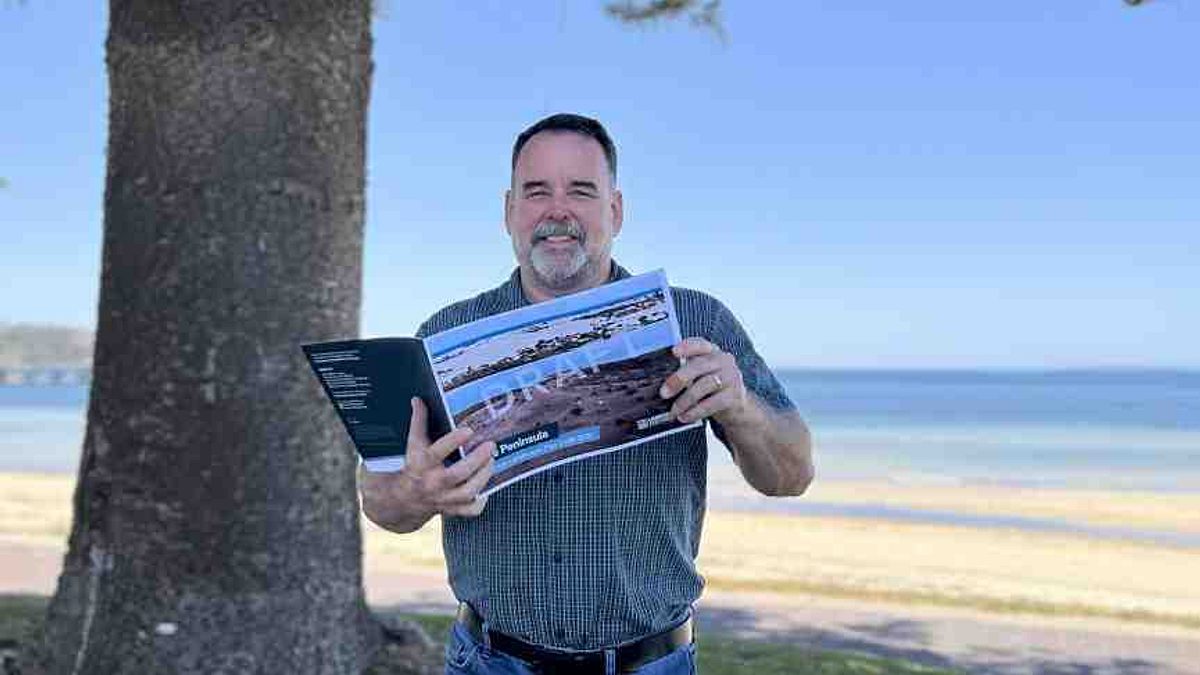Students become scientists for a day
Port Lincoln High School Aquatic Sciences students, Indigenous Cadets and the Group of Southern Barngarla Women will take part in a marine science expedition within the Sleaford Bay Marine Park Sanctuary Zone as part of National Science Week 16th-24th August.
The expedition titled the “Tannana Wambiri Project” or (Sleaford Bay Sea Coast Project in local Barngarla language) is supported by the Government of South Australia through a National Science Week State Grant.
National Science Week aims to encourage an interest in science pursuits among the general public, and to encourage younger people to become fascinated by the world we live in.
Rebecca Paterson, Aquatic Sciences teacher at the High School said part of the expedition will involve a journey through time with the Barngarla people who will share their knowledge of the area.
“Students will gain a greater understanding of the beach, its history, uses and how it has changed, prior to undertaking the scientific research,” she said.
This activity will be followed by students undertaking shorebird and seabird surveys on the beaches, learn about the impacts people might have on these vulnerable creatures and will provide baseline data for the area. The final part of the research expedition will involve the students undertaking scientific beach transects to determine beach biodiversity,” said Ms Paterson.
Dr. Shelley Harrison, Senior Project Officer with Natural Resources Eyre Peninsula said the information gathered from this expedition will form background knowledge and will be used to measure the effectiveness of the sanctuary zone in conserving beach biodiversity.
“It’s a Citizen Science project which will form part of our Marine Park Monitoring, Evaluation and Reporting Program,” she said.
”Fishing restrictions in sanctuary zones come into effect on 1st October 2014, though shore based recreational line fishing will still be permitted within the Sleaford Bay sanctuary zone,” she said.
The expedition links in perfectly with the aims of science week, whilst promoting the importance of our marine parks to a wider community.
Our southern oceans have a high rate of species diversity and many of the creatures and plant life are found nowhere else in the world. For that reason South Australia’s newly developed marine parks network is vital to protect our coastal and marine environment for generations to come. They are also an important community asset for cultural, social/recreational and ecological reasons.
The hope is that this citizen science project can be replicated by interested community members, such as indigenous communities, Friends of Parks, school students or the general community across the state for years to come.


